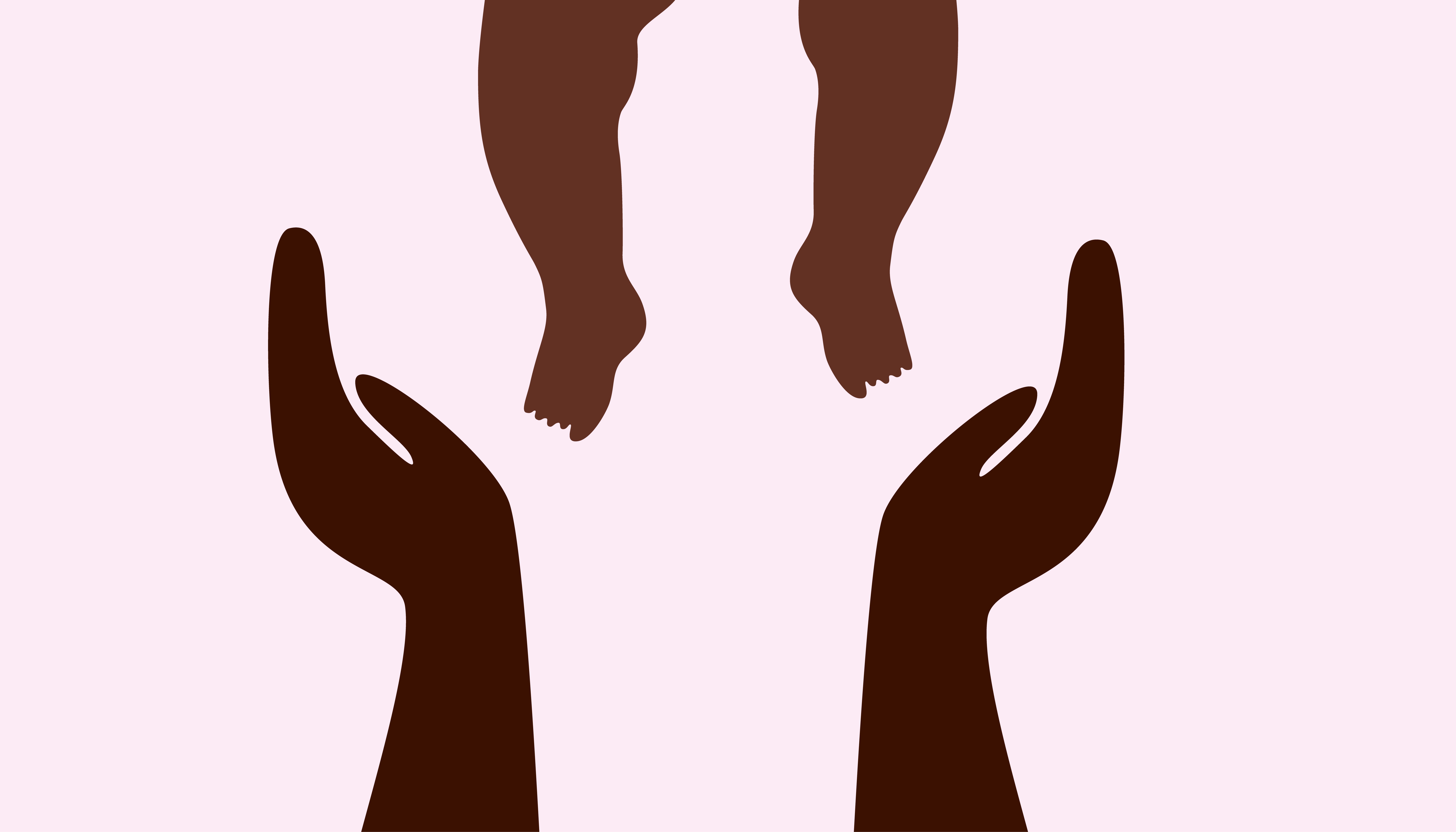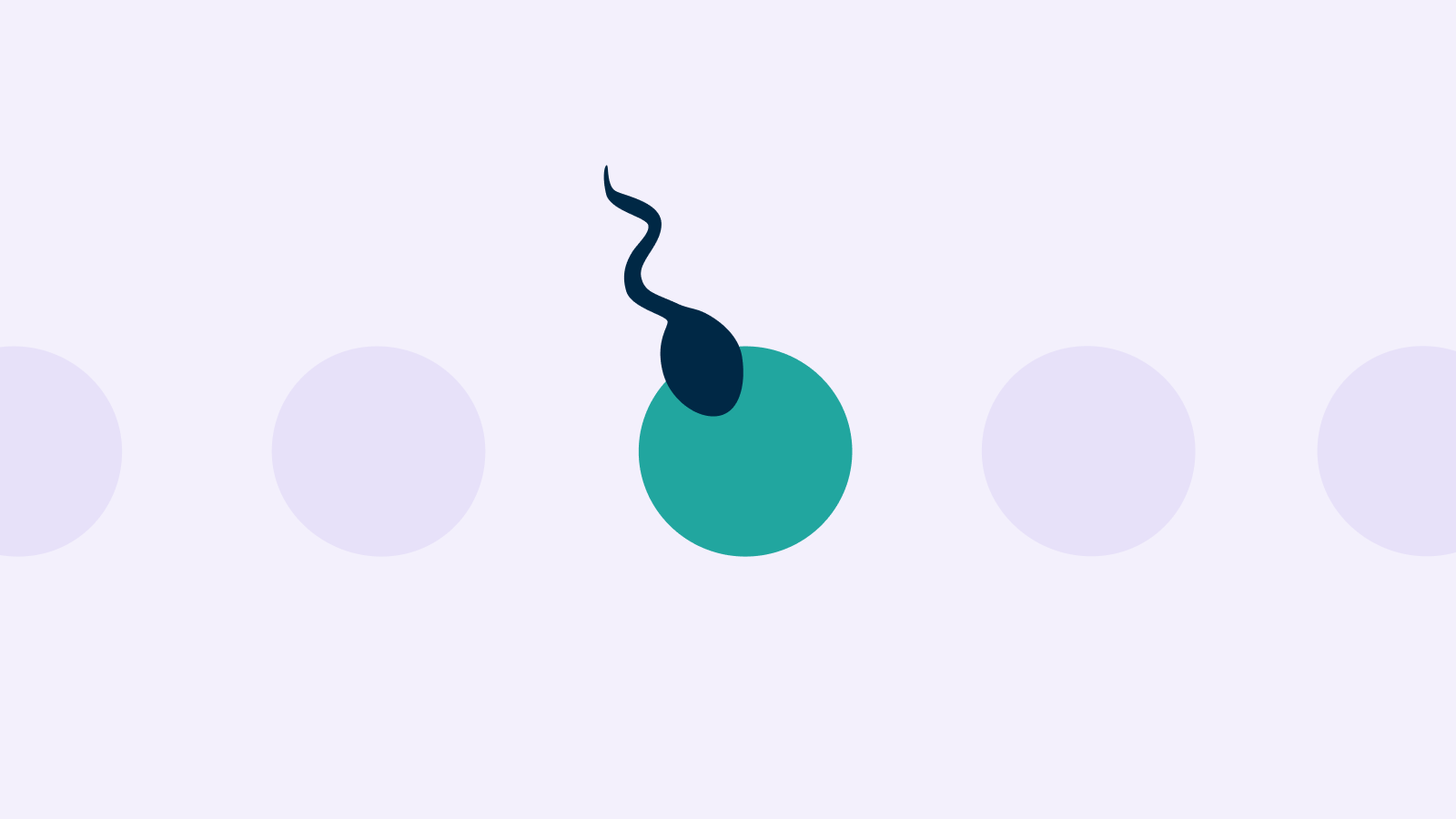Breastfeeding is a wonderful, natural process. But it’s not always as straightforward as you may see in the media.
‘There’s a common assumption that new mothers will automatically know what to do,’ says Dr Elisabeth Rosen, medical doctor at Livi. ‘But, even if you think you know what to expect, every woman’s experience is different.
‘For some breastfeeding comes easily, but for the vast majority of new mothers, it can take a while to get used to and there may be a few stumbling blocks along the way. This is normal, and it’s important not to be hard on yourself at a time when you may be feeling more vulnerable than usual.’
What happens to the body when breastfeeding?
‘The early production of milk (known as colostrum, see below) starts around week 16 of pregnancy,’ says Dr Rosen. ‘This is due to the increase of the hormone prolactin which stimulates milk production.
‘After you give birth, and immediately after the placenta comes out, oestrogen and progesterone levels drop and prolactin levels go up. This means you are ready to feed your baby straight away. Skin-to-skin contact further stimulates milk production and makes the baby want to feed. When the baby sucks your nipple, it sends nervous impulses to the brain, causing the release of more prolactin.
‘Suckling also releases the hormone oxytocin which stimulates the ‘milk ejection reflex’ where milk is pushed out of the breast through the nipple. Oxytocin induces feelings of calmness and relaxation and creates a powerful sense of bonding between mother and baby.’ Research shows that a suckling baby absorbs oxytocin from the mother’s milk.
A quick guide to infant feeding terms
Colostrum
This is the fluid your breasts produce in the first few days after birth; a form of milk that’s highly nutritious. ‘Colostrum contains protein, vitamins, minerals and antibodies,’ says Dr Rosen. ‘Yet, it’s gentle enough for the baby’s delicate digestive system to handle. After a few days your breasts produce ‘mature’ milk.’
Dysphoric Milk Ejection (D-MER)
D-MER is where women experience abrupt negative emotions such as sadness, depression, anxiety or irritability for a few minutes (or longer) just before milk release. ‘This is a relatively new diagnosis that used to be confused with postnatal depression,’ says Dr Rosen. ‘We’re not sure exactly why it happens’. If this is something you’re concerned about, talk to your doctor.
Latching on
For a new baby to feed properly it needs to ‘latch on’ to the breast comfortably. Help your baby by:
- Always bringing your baby to your breast and letting them latch on themselves. Avoid leaning your breast into your baby’s mouth
- Making sure your baby can get a large mouthful of breast
- Placing your baby with their nose level with your nipple, letting their head tip back a little. This will encourage your baby to open its mouth wide and attach
Engorgement
This is when your breasts get too full of milk, caused by increased blood flow and lymphatic fluid, and excessive milk production. This makes the breasts feel hard, tight and painful. This can happen in the first week or so while you’re still trying to get used to breastfeeding — or, any time while you’re breastfeeding. ‘Many women find breastfeeding painful to begin with and may also develop sore, painful, swollen breasts, inflammation (mastitis) or infections,’ says Dr Rosen. ‘Engorgement is common and your doctor can advise on what to do.’
Foremilk and hindmilk
‘Focusing on the idea of foremilk and hindmilk is a bit of a myth,’ says Dr Rosen. ‘Foremilk refers to the watery, low calorie milk that comes out first when you start breastfeeding, and hindmilk to the higher calorie, more mature milk that follows. But this distinction can leave mothers concerned that changing breasts while breastfeeding could mean their baby doesn’t get enough hindmilk. But this is nothing to worry about. It’s the volume of milk taken in by the baby that matters and there’s no need to focus on the different milks, as the baby always gets what it needs.’
It‘s normal to feel any of the following when breastfeeding...
More tired
‘Breastfeeding takes up a lot of energy,’ says Dr Rosen. ‘You’re also going through an emotional storm and it can take time for your hormones to return to normal. This combination can leave new mothers feeling exhausted. Try to rest and sleep whenever you can.’
More moody
It’s common to get ‘the baby blues’ a couple of days or so after giving birth, where you may experience low mood and feel slightly depressed. ‘The sudden hormonal changes that take place in the body after childbirth can make many women feel more moody,’ says Dr Rosen. ‘While you’re still breastfeeding, levels of oestrogen and progesterone remain low (to stop ovulation and prevent pregnancy) and this can cause anxiety, mood swings, irritability and depression. Although the calming benefits of oxytocin can help, not everyone reacts in the same way. Once you stop breastfeeding hormones gradually go back to normal. Talk to your doctor if you’re worried about how you feel.’
Hungrier than usual
‘It’s normal to feel hungrier than usual as breastfeeding consumes so much energy,’ says Dr Rosen. Plus, being sleep-deprived can affect your levels of hunger and appetite hormones. If you’re wondering whether breastfeeding helps with post-baby weight, a systematic review of five studies found that after 12 months, breastfeeding mums lost between .6kg and 2kg more than mums who didn’t breastfeed. If you’re exclusively breastfeeding, this will help you burn an extra 300 calories a day.
Reviewed by Dr Rhianna McClymont, Lead GP at Livi


